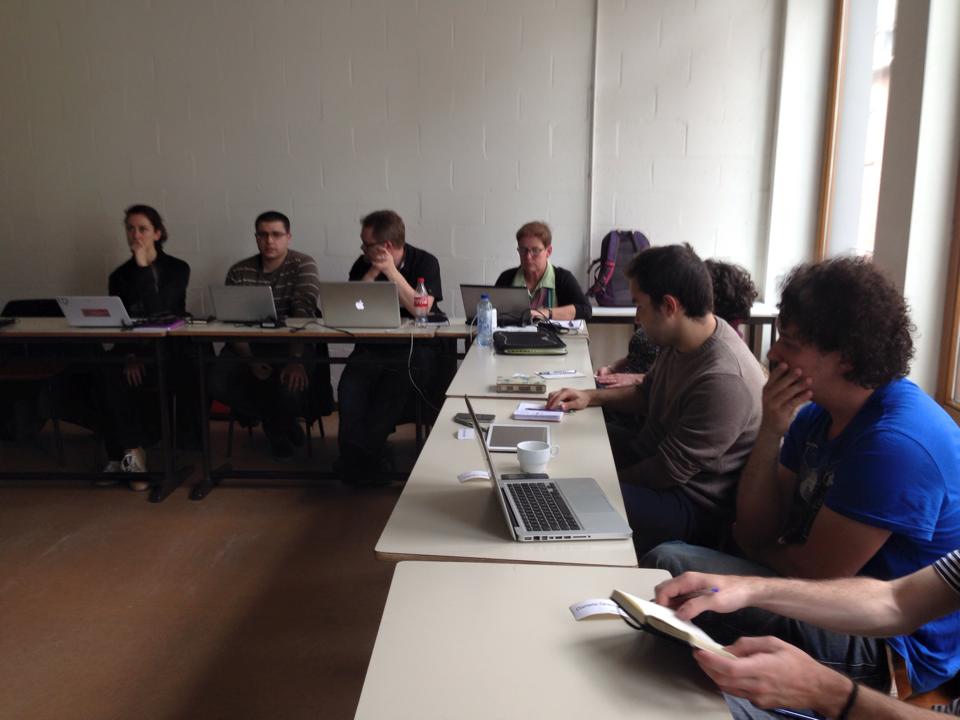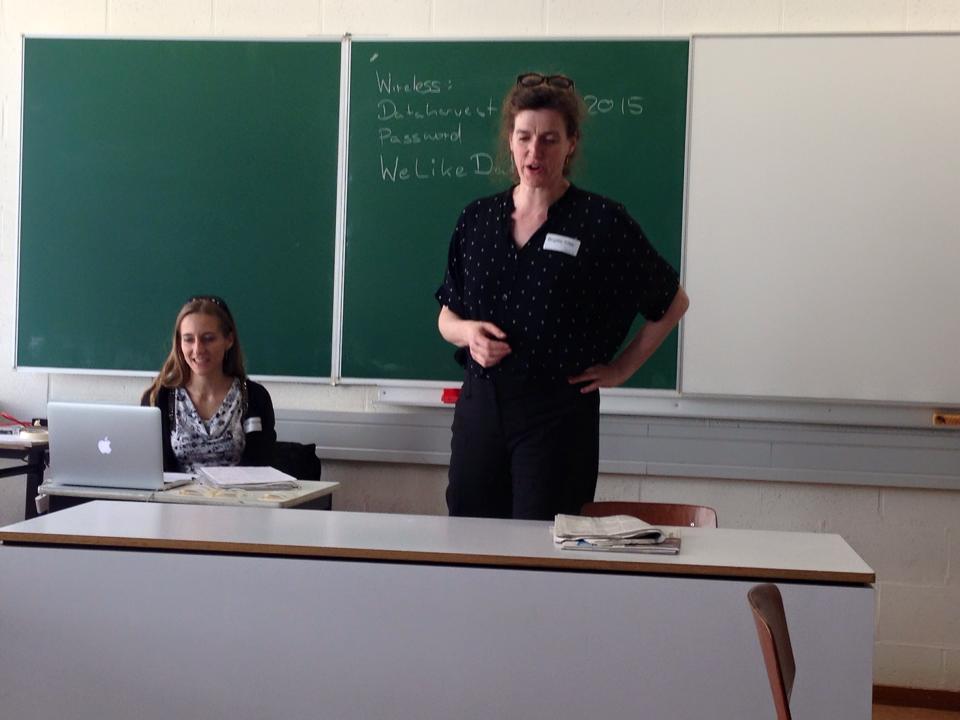Arena/Dataharvest collaborates with the European Journalism Training Association on teachers’ conference on data journalism training .

Exactly six years ago today, Dataharvest opened a pre-conference meeting of a large group of data trainers from across Europe – pioneers, who had the skills and the overview to not just do data journalism but also teach it to others.
Nice to be reminded as we are just putting the finishing touches to what will be the one of largest gatherings about data journalism training in Europe so far: The annual teachers’ conference in the European Journalism Training Association (EJTA), this year on data journalism, planned and organized in collaboration between EJTA and Arena/Dataharvest.
It is futile to try to put a starting date to data journalism or data journalism training. The Dataharvest conference grew out of a group of journalists, collecting data on EU farm subsidies since 2009. Across the world, journalists to a larger degree began to find, download, and analyse data around 15 years ago, and “Computer-Assisted Reporting” developed into data journalism. It was a new skill, and no-one knew how it should be taught.
“We initiated a survey in early 2015 to gather knowledge and experience on how data journalism was taught and trained,” remembers Arena’s director Brigitte Alfter. “Then we invited a group of around 20 data trainers and teachers for a one-day seminar before the 2015 Dataharvest conference, so they could get to know each other and share their experiences and training material.”
There were participants from Portugal, Spain, Italy, Germany, Poland, Estonia, Belgium, Holland, Denmark, Sweden and Norway, and a trainers’ meeting was part of Dataharvest over the following years.
Today data journalism is journalism, not a separate nerdy department hidden in a corner of the newsroom. Knowledge on how to gather, clean and analyse data is a skill that most journalists need, and data journalism is on its way into the curriculum in most European journalism schools.
EJTA president, Eric Nahon from Institut Pratique du Journalisme Dauphine in Paris, says:
“Data journalism and data literacy are becoming necessary to understand the world and the society we live in. Most journalists are kind of reluctant to use figures, numbers, or playing with statistic Then come the “nerdy ones”, using Excel, playing with R, talking about “scraping” etc. – but bringing very good stories and visualizations. This new field is something we had to look deeper into. And now is time to share and learn what we found.”
What are journalism schools struggling with in this connection?
“EJTA is about helping its members. So, when data journalism came up as a topic on informal discussions, it was clear that we had some teachers very good with data and some who were interested but did not know where to begin. So having practical sessions to focus on “how to teach/what to teach” is a good starting point for many EJTA members. And the more “advanced” colleague can pick some clever ideas to go forward on their own courses.
But I think the most difficult part of teaching data driven stories in journalism schools is… our students. Most of them are into words and not into figures and numbers. That needs to change, and that’s why we are talking about data literacy for journalists and about data driven stories. We need to find the stories behind the numbers.“
Why did you choose to collaborate with Arena/Dataharvest?
“That was a natural choice. Dataharvest is a famous and fine gathering of data journalist. It reflects the evolution of this peculiar field of journalism. Many of our teachers (professional journalists) are attending Arena/Dataharvest every year. It was obvious that a Mechelen-based organization would find a Mechelen-based “festival of journalism”.
The EJTA teachers’ conference is taking place online on May 20-21.

